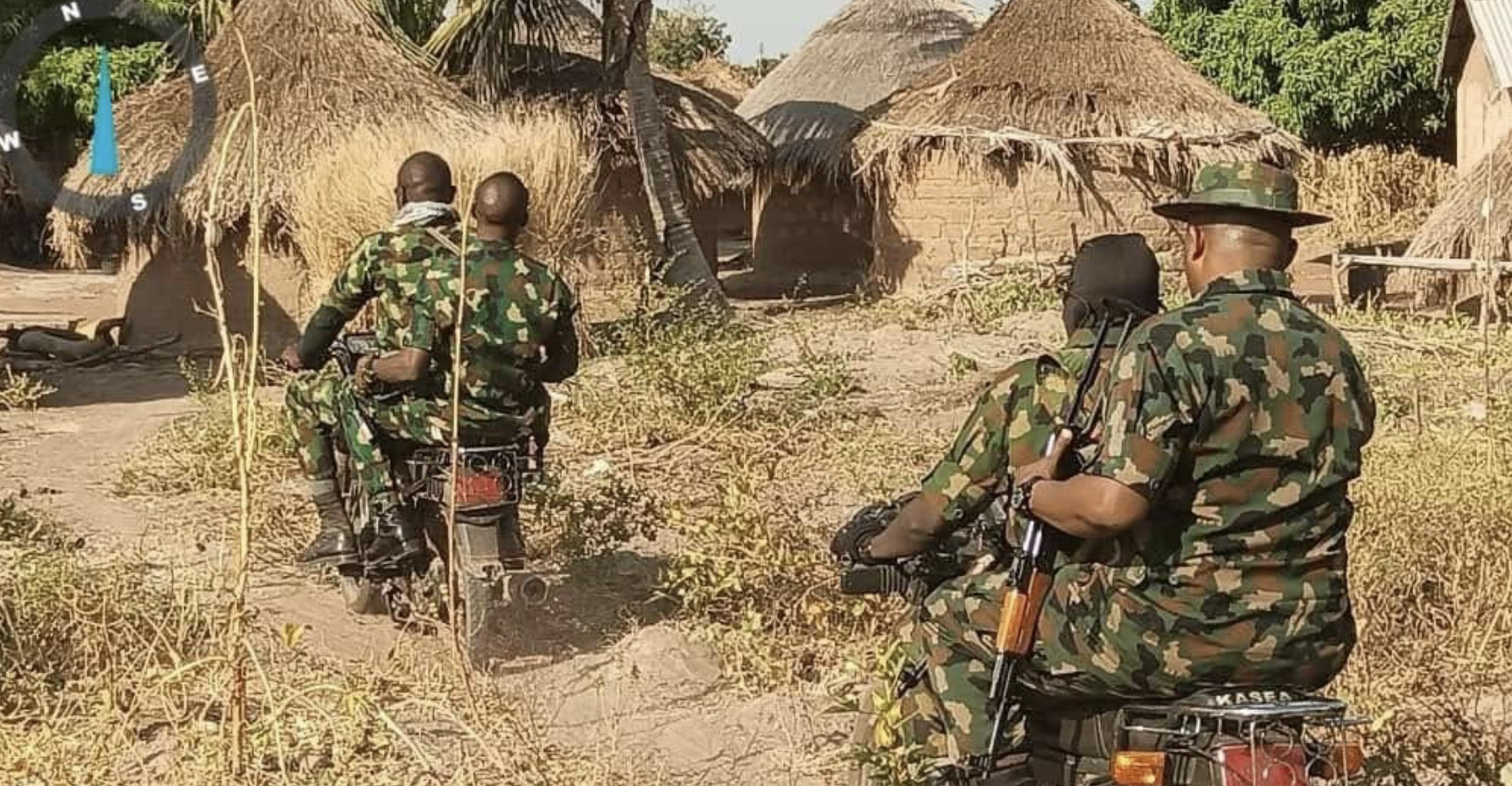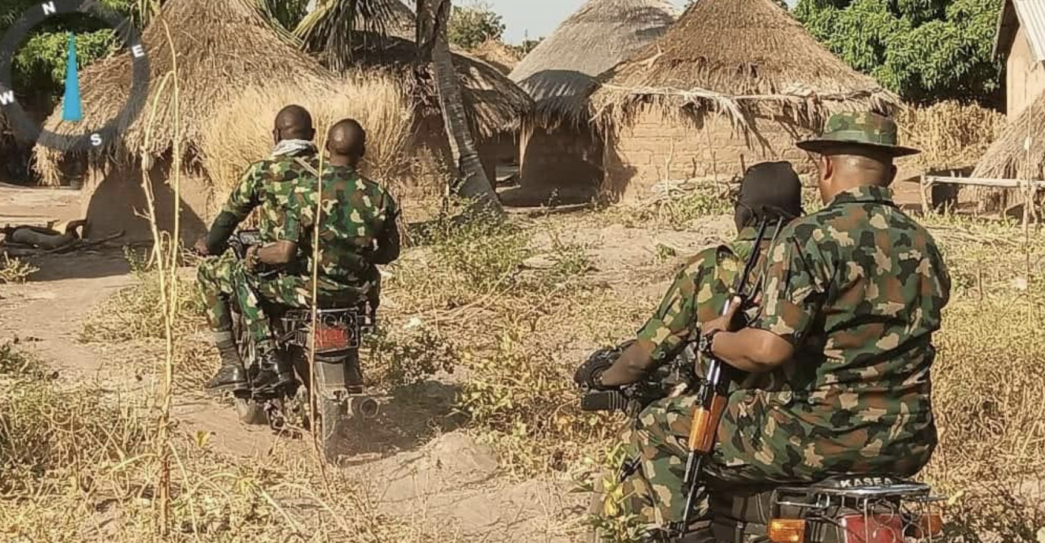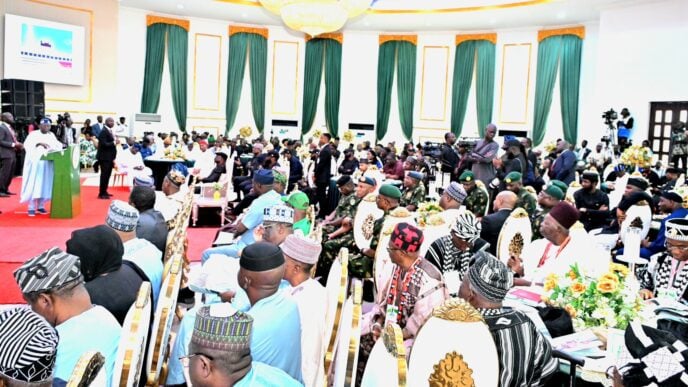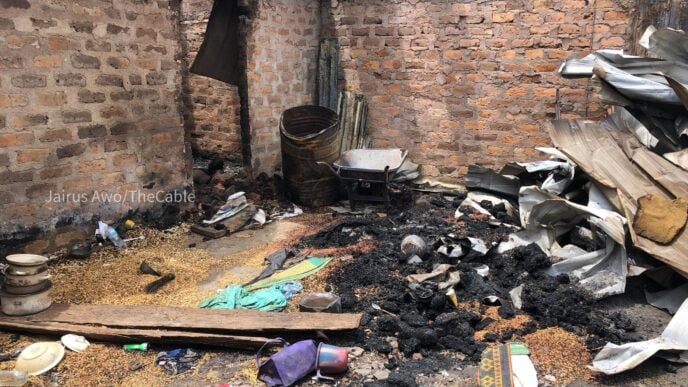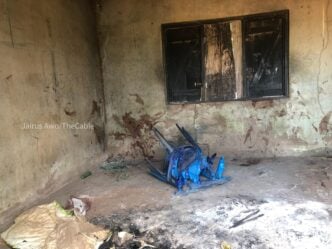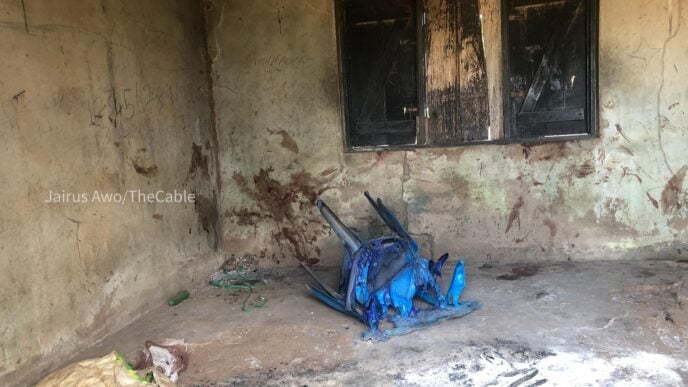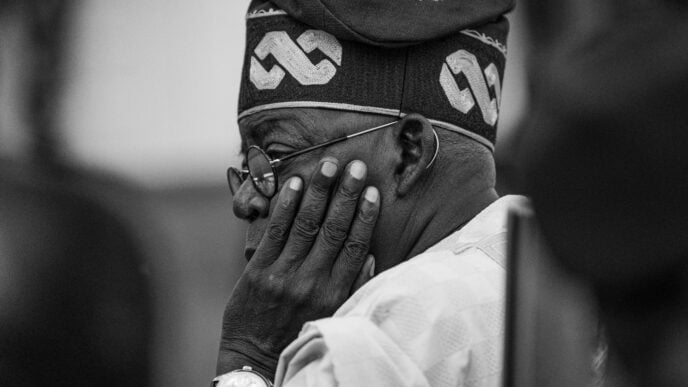Warfare has evolved. The albatross of any sovereign nation is to refuse to adapt to this evolution. Wars are fought on land, sea and the air by the army, navy and air force. This constitutes what is called the Armed Forces. It’s an intersection of land, sea and air components achieving a common goal of victory over adversaries. Nigeria is known for its infantry prowess. Even to date, the infantry corps of the Nigerian Army remains the largest and is recognized as the heartbeat of the Nigerian Army. This is a fact. But modern warfare has evolved, and the role of the infantry soldier has depreciated and will continue to take that slide, no thanks to contemporary dynamics of war occasioned by modernization and its attendant consequences. The need to move with the tide cannot be overemphasized given the introduction of a fourth component; cyber war.
There is also the strategic role of intelligence in the execution of war, whether on land, sea, air or cyberspace. It is a critical component that the user units do not generate most times. That explains why there is always a unit or directorate responsible for gathering intelligence. For example, in Nigeria, the Defence Intelligence Agency (DIA) is mandated to “produce comprehensive, contextual and timely intelligence support to defence planners and decision-makers to enhance national security effectively.” It is headed by a very senior military officer with the designation Chief of Defence Intelligence, (CDI).
The Department of State Services (DSS) is another critical component in the intelligence-gathering sector in the country. It is tasked with the responsibility of “Prevention and Detection of any crime against the internal security of Nigeria,” among other tasks. It is akin to Shin Bet, the Israeli internal security agency charged with the “defence of the State of Israel, its institutions and its democratic governance, against the threats of terror, espionage, political subversion, and the exposure of state secrets”.
We also have the National Intelligence Agency (NIA) tasked with “overseeing foreign intelligence and counterintelligence operations.” It is also akin to the Israeli Mossad. The Mossad carries out “unique global activity to overcome exceptional operational, intelligence, and technological challenges that have a direct impact on the security of the State of Israel.” Its slogan is “See the invincible and do the impossible”. It is on record that the success of most Israeli military campaigns is hinged on the collaborations between its security agencies Shin Bet and Mossad and why the State of Israel boasts of strategically superior intelligence in warfare.
Advertisement
Success in warfare cannot be achieved without input from sister security agencies in gathering and sharing credible intelligence about the adversary. It would be suicidal to go to battle without knowledge of the strengths and weaknesses of the adversary. This is where strategic superior intelligence comes in and the foundation for success or failure in warfare. Strategic Superior Intelligence is the capacity to collect, analyze, and utilize relevant information more effectively than an adversary. It is also about anticipating enemy actions and understanding battlefield dynamics that could be gotten from a significant collaborative effort.
Strategic Superior Intelligence in warfare offers a significant advantage, as history is replete with how wars are won through adept intelligence operations. It is one thing to gather intelligence, and it is another thing to test the veracity of the intelligence gathered before deployment. This is a recurring phenomenon in the security architecture of the country. Once an “intel” as commonly known is not credible, failure is not inevitable. In this case, some might wonder if there is an effective intel-gathering and dissemination process in Nigeria given the avalanche of security challenges in the country.
We have several intelligence-gathering agencies. How well have these agencies synchronized their efforts? And why do we continue to have setbacks in addressing the myriad of security challenges in the country? The Boko Haram Insurgency readily comes to mind and indeed questions the efforts of the intelligence gathering agencies in addressing the Boko Haram menace and other forms of criminality across the country. There is a disconnect somewhere in the value chain. It might be a structural problem that could be linked to inter-agency rivalry. Yes. Inter-agency rivalry is pronounced in the security architecture in Nigeria. The level of cooperation between sister security agencies in the country is at its lowest ebb, which is why insecurity would continue to persist. For example, once upon a time, there was a strong rivalry between the Nigerian Army and the Nigerian Air Force. It was so pronounced that this rivalry affected the prosecution of the war against the Boko Haram insurgency.
Advertisement
At a roundtable on “Enhancing National Security through Inter-Agency Collaboration” organized by the Buratai Centre for Contemporary Security Affairs, Igbinedion University, Okada in 2022, a former Inspector-General of Police, (IGP) Solomon Arase, noted that rivalry existed even though no individual agency could holistically handle security issues alone. He stated that “Security is more complex than what an individual agency could address without the support of the other. One of the causes of protracted insecurity in the country is identified to be built on unhealthy inter-agencies rivalry.” He indeed hit the spot.
This was also echoed by President Bola Ahmed Tinubu at the Legislative Dialogue organized by the House of Representatives Committee on Constitution Review, in collaboration with the office of the National Security Adviser (ONSA). The President noted that security in the 21st century is cooperative and non-competitive. “Terrorism in the North East, banditry in the North West, piracy in the Gulf of Guinea, farmer-headers’ crashes in the Middle-Belt, and separatist agitation in the South East all share one characteristic -they transcend the capacity of any single agency,” he stated.
The recent onslaught by Israel on Iran is an example of strategic superior intelligence in warfare. I watched several interviews granted by the Israeli Prime Minister, Benjamin Netanyahu. He talked about intelligence as critical to their operations. He was emphatic about the successes of their military operations in Iran. The coordination of the attacks carried out by Israel in Iran is sublime looking at it from a military strategy perspective. One is not in any way justifying the essence of the attacks and retaliatory attacks. The focus is on the role of strategic superior intelligence in warfare and why it must be embraced in Nigeria towards addressing the security challenges in the country.
Various components of the intelligence-gathering agencies in the security architecture of the country, have been noted in preceding sections of this piece. Lack of collaboration between these agencies would ultimately contribute to insecurity. In my opinion, inter-agency rivalry is worse than herders attacking and killing farmers. The reason is simple. The unwarranted rivalry is a potential harbinger of disconnect. The recent killings in Benue state readily come to mind. What went wrong such that the marauders could come in and inflict such atrocious acts without previous intel or any form of resistance from the security agencies? The blame always goes to the military. But forgetting that military deployment is the doctrine of necessity and not responsibility. The responsibility of internal security operations rests within the Area of Responsibility (AOR) of the Nigeria Police Force. The military comes in when the situation overwhelms the Nigeria Police.
Advertisement
This is not in any way attempting to absolve any of the security agencies in the mayhem that was unleashed in Benue state, but simply put that lack of strategic superior intelligence by the security agencies brought about by inter-agency rivalries would continue to give non-state actors the leverage to carry out nefarious activities. In warfare, the party with superior intelligence carries the day. It’s like mathematics and completely logical. Let’s create a scenario. The DSS received intel about a suspicious influx of unknown faces within a location and passed the information to the police. The police ignored the intel and failed to act on it. The suspicious movements turn into full-scale mayhem, with attendant loss of lives and wanton destruction of properties and the military is deployed to the affected area after the deed had been done to fish out the perpetrators of the dastardly act. This example explains the lack of strategic superior intelligence in warfare.
Let’s play back the scenario with the police acting on the intelligence relayed by the DSS and the military being placed on alert. What would be the outcome? We must begin to rethink our strategies in warfare. This much was highlighted by the Chief of Defence Staff, General Christopher Musa when he visited the affected community in Benue State. He said: “The military will change its strategy in the war against banditry in many parts of the country.” I believe what he meant was to strive to ensure inter-agency collaborations, thereby enhancing strategic superior intelligence.
Ocheja, PhD, is a specialist in Nigerian and African military documentation.
Advertisement
Views expressed by contributors are strictly personal and not of TheCable.

